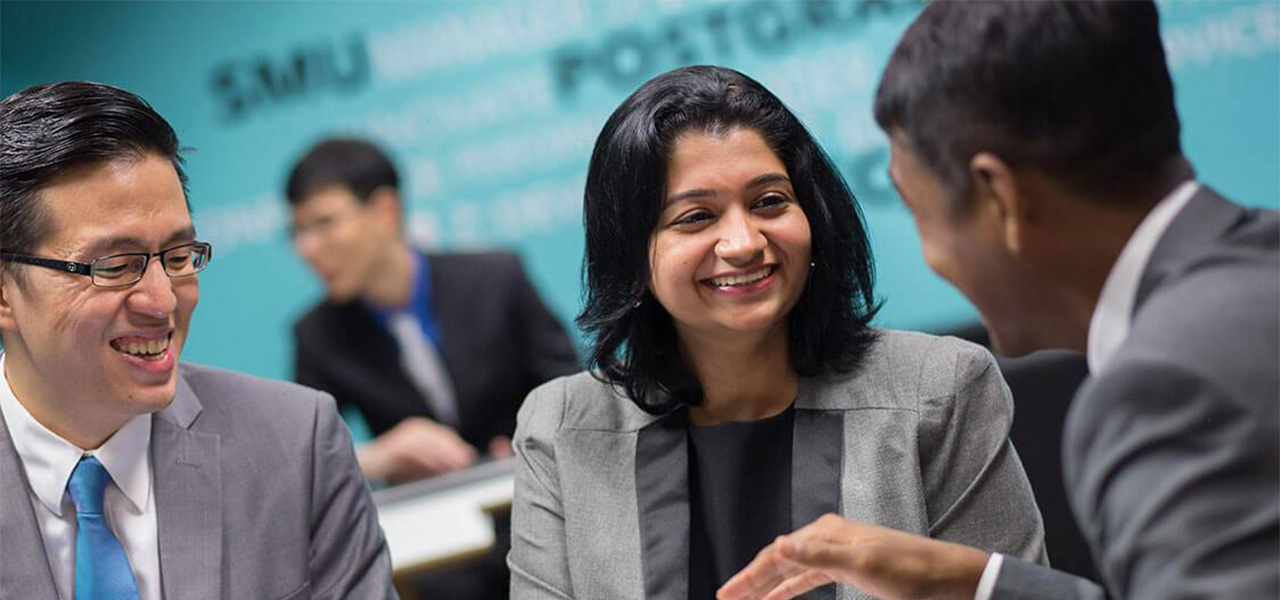The world is undergoing a transformative shift towards sustainable practices, reshaping not just industries but our entire society. As nations step up their decarbonisation commitments, a burgeoning green economy and an emergent new “green collar workforce” are taking centre stage. This transition is guided by frameworks such as the United Nations’ Sustainable Development Goals and national initiatives like the Singapore Green Plan 2030. Concurrently, this momentum also drives a surge in green technologies, with the global market expected to exceed US$61.92 billion by 2030.
At the core of this shift is the demand for green jobs. In Singapore alone, the Ministry of Sustainability and Environment projects the creation of 55,000 new jobs in the sustainability sector. Globally, the trend is even more pronounced, with Deloitte forecasting over 300 million green jobs by 2050. This expanding demand highlights the critical need for specialised education and training to equip the next generation of professionals with the necessary skills and knowledge to thrive in the green economy.
Responding to the need for pioneers in sustainability, Singapore Management University (SMU) is introducing a new postgraduate programme, Master of Sustainability (MST). Dr Ishani Mukherjee, Associate Professor of Public Policy at SMU and the MST Programme Director, explains the programme’s inception, “We recognised a pressing need for leadership in interdisciplinary postgraduate education that resonates with the urgent, multi-faceted nature of sustainability issues.”
Practical and all-encompassing
The MST, which leverages the research and pedagogical strengths of SMU’s School of Social Sciences and College of Integrative Studies and brings together sustainability modules from across SMU, offers a unique, multi-disciplinary curriculum designed to provide foundational knowledge in sustainability. This first-of-its-kind programme equips students with vital skills in reasoning, communication, coordination, and management within the sustainability domain.
The programme comprises seven core modules that delve into diverse topics such as systems thinking, sustainability reporting, and environmental policy. Complementing these are three specialised thematic tracks: (1) Sustainable Resource Management; (2) Urban Systems Management; and (3) Environment and Sustainable Development. This structure allows students the flexibility to either gain a broad perspective on sustainability or focus on specialised areas that are particularly pertinent in today’s job market.
A key feature of MST is its alignment with ongoing industry developments and evolving sustainability reporting standards. This enhances graduates’ employability by equipping them with up-to-date skills in crucial domains such as climate change, biodiversity, human capital, and human rights—subjects that are often segregated in other academic programmes.
At the same time, the programme embodies SMU’s commitment to experiential learning, by offering seminar-style courses featuring guest speakers, industry thought leaders, and case studies. Some modules also incorporate field excursions for a practical touch. “We have designed the delivery of our core modules in a sequence that is both deliberate and carefully curated. This approach ensures that students can fully leverage their sustainability knowledge and apply it effectively in practical contexts,” adds Dr Mukherjee.
Equipped for the evolving sustainability landscape
The MST prepares graduates for a diverse range of roles in the sector. Upon completion, graduates can expect to find opportunities in fields such as sustainability reporting and assurance, strategic sustainability consulting, and corporate strategy and development.
Mr Helge Muenkel, Chief Sustainability Officer of DBS Group, comments on the evolving job landscape, “The sustainability sector is creating roles that require a unique blend of skills. In banking and finance, for instance, graduates can explore opportunities in development finance, risk management, and sustainable finance.”
The programme’s interdisciplinary framework ensures that graduates possess the adaptability needed for diverse positions across the public, private, and non-profit sectors. Furthermore, the demand for sustainability professionals is evolving towards specialisation, with roles at the intersection of technology, policy, and management expected to see higher demand. Graduates with a strong foundation in sustainability principles, coupled with specialised skills in areas like sustainable resource management or urban systems management, are set to enjoy a distinct advantage in the job market.
“The growth of the green economy will continue to accelerate, and we’re trying to radically transform the societies we’ve built over centuries in a few years. The sobering truth is that we don’t have enough talents for what we want to do across sectors so grooming talent is relevant, and SMU is part and parcel of the learning ecosystem,” says Mr Muenkel.
Sharing Mr Muenkel’s perspective is Mr Dinh-Long Pham, Youth Social Entrepreneurship and Innovation Coordinator at United Nations Development Programme (UNDP), who envisions green opportunities permeating every sector. Acknowledging the pivotal role of education in cultivating future sustainability leaders, he says, “Programmes like SMU’s MST are crucial in providing the essential toolkit for young professionals to contribute to sustainable development, aligning their skills with both global goals and localised needs.”
“For instance, in addressing climate change, it’s not just about understanding carbon footprints but also about integrating sustainable practices in a real-world context. For a young marketer or lawyer, the programme can empower them to make significant contributions, be it through branding sustainable strategies or environmental law,” he adds.
Primed for the future
In the global shift towards sustainable practices, possessing the knowledge and skills to navigate this transition is crucial. By providing a comprehensive, interdisciplinary education that aligns with global sustainability priorities, the MST is uniquely positioned to bridge existing skill gaps and equip graduates with the practical expertise essential for effectively addressing both current and future sustainability challenges. Notably, the inclusive programme welcomes students without a sustainability-related degree or prior work experience in the field.
“More than imparting knowledge, the programme helps students develop a deeper understanding of the interconnections that exist within our ecosystems, bridging the natural and social worlds,” says Dr Mukherjee, emphasising the programme’s broader impact and holistic approach.
Available for both full-time and part-time students, SMU has been accepting applications for the programme since its launch in September 2023. MST is set to welcome its inaugural cohort in August 2024.
Ready to embark on a transformative journey towards becoming a sustainability leader? Explore the possibilities with SMU's Master of Sustainability programme. Use promo code SMDFEB24 to enjoy a waiver of application fee when you apply before 29 Mar 2024.





